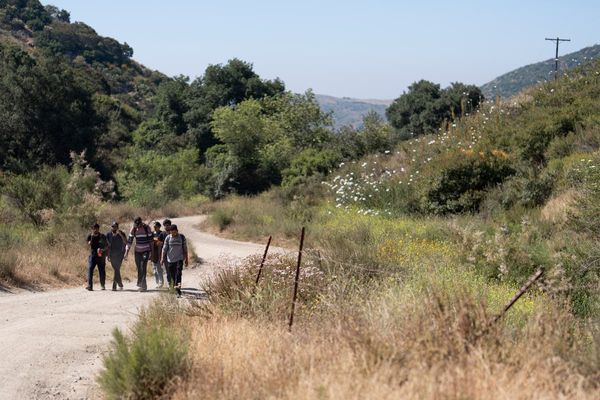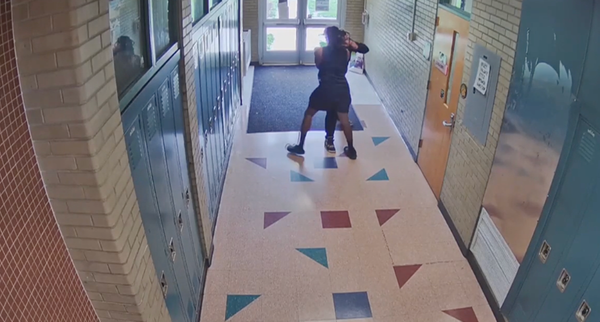
The best international scientists are being deterred from heading to the UK due to a Foreign, Commonwealth and Development Office (FCDO) vetting scheme that is leaving researchers in limbo for months, the Royal Society has warned.
The government’s Academic Technology Approval Scheme (Atas) is designed to prevent the export of technology with potential military applications and was significantly expanded last year amid a national security crackdown. But lengthy delays are leaving some unable to take up prestigious posts for up to seven months and frustration is growing that the issue is harming the UK’s reputation abroad.
“It is acting as a deterrent,” said Prof Sir Robin Grimes, the foreign secretary of the Royal Society and former chief scientific adviser at the Foreign Office. “Great talent doesn’t sit around. There are lots of different opportunities in a modern international research structure – the US, Canada, France, Germany, all these countries are going to be looking to attract the same talent as we are … This is a massive national risk.”
The scheme applies to scientists from all but a handful of regions – EU and US academics are exempt – working on “sensitive subjects” deemed to have potential military applications. In practice this includes most engineering, computing and materials science and much physics and biochemistry research.
Previously only postgraduate students needed apply but last year the rules were extended to cover academics on skilled worker visas, including those already in the UK.
In the past year, at least 60 academics, more than half from China, left the UK after Atas vetting identified security concerns, freedom of information requests to universities show.
The FCDO told the Guardian the majority of applications were processed within 30 days but declined to give details of the average processing time or backlog.
University leaders say some are facing unacceptable delays. “Universities are trying to be flexible to accommodate those who are being delayed. But in some cases timescales are very significant and leaving people in limbo for many months,” said Vivienne Stern, the chief executive of Universities UK.
There are also concerns about the draconian and opaque nature of the process. Unlike visa applications through the Home Office, no reason is given for a rejection and there is in effect no appeals process.
Prof Alasdair McDonald, who works on wind energy at the University of Edinburgh, recently recruited a PhD student who had to wait five months for clearance. “It’s as if there’s a machine learning technique in charge of Atas, with an algorithm that ignores all correspondence, waits for some time between four and seven months and then randomly rejects a certain percentage of applicants without a clear reason,” he said.
“It just seems totally impossible to find anything out about the decision-making process. It’s like the star chamber. There’s a question mark over whether it’s under-resourced,” he added. “Or is it trying to put off a certain percentage of people?”
The Guardian heard from scientists left frustrated by the process. One Indian physicist, who wanted to remain anonymous, had his Atas application approved recently after waiting seven months, during which time he compiled a spreadsheet of 200 fellow applicants, some of whom were facing a similar delay. “I have been in touch with many young aspiring scientists,” he said. “They hold resentment since they have been waiting so long.”
Another Indian scientist who applied at the start of August is still waiting take up a post in Cambridge after completing her PhD at a top French institute, winning a prestigious international prize and turning down a position in Zurich.
Another, an Egyptian engineer who has been based at the University of Birmingham for five years, has been unable to leave the country because his visa expired during the four months he was waiting for clearance.
Grimes said recent rhetoric from the home secretary on immigration, including a proposed crackdown on postgraduate students, and the cost of UK visas – by far the most expensive of all G7 countries – gave a perception that international scientists were unwelcome. “We’re having to reassure candidates and say: ‘No, we really want you,’” he said. “It would be helpful if the government made it clearer that their wish to reduce immigration does not relate to … science talent come to the UK.”
A government spokesperson said: “We make every effort to minimise delays to applicants’ studies, and the majority of Atas applications are processed within 30 working days. However, waiting times can be longer during our busiest periods so we’d encourage students to apply early.”







